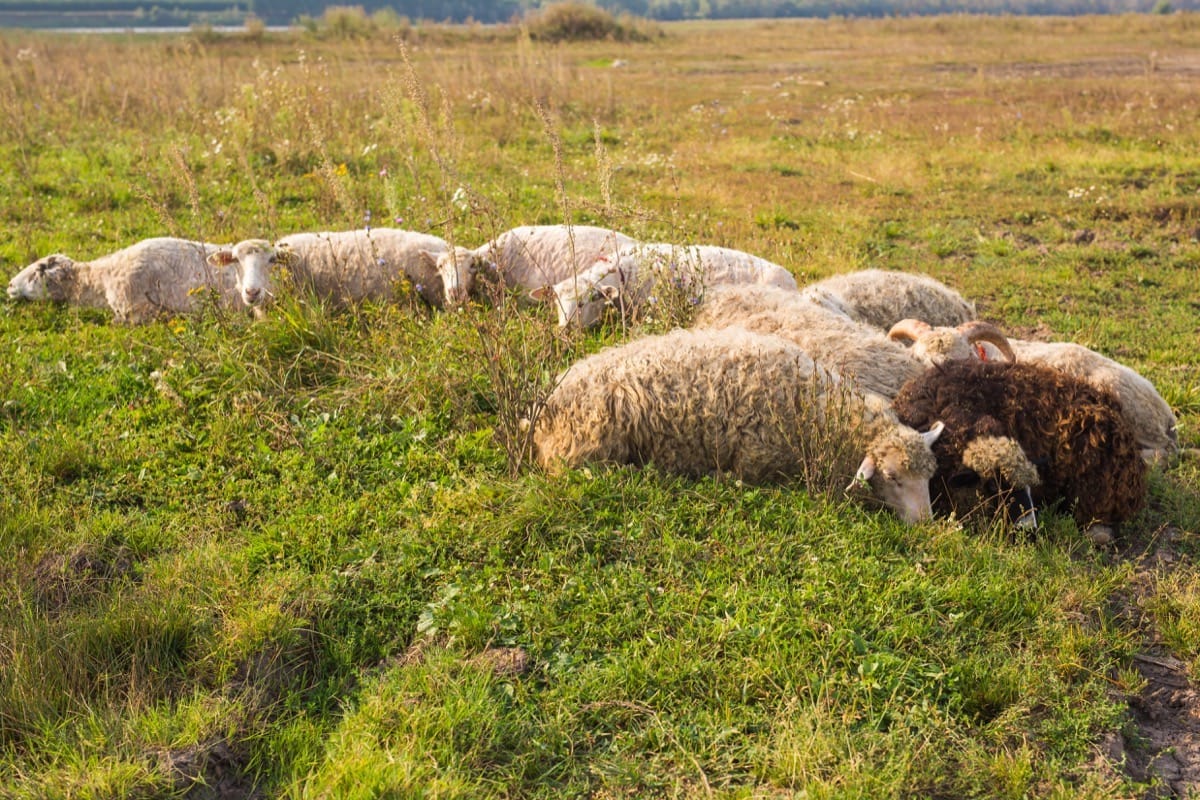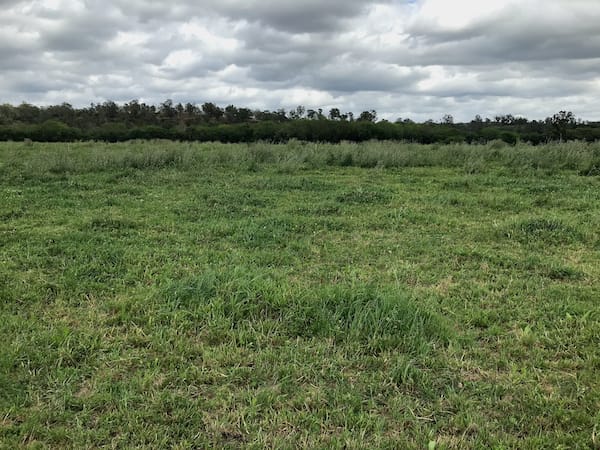Article Summary:
Many summer weeds are harmful to the crop and toxic to the livestock. They compete with your crop and deprive them of essential nutrients. Controlling weeds requires a persistent herbicide application which varies with the type of weed infesting your farm. There are, however, some summer weeds that can be grazed.
Weeds are considered weeds because they grow at the wrong time in the wrong places.
That being said, if weeds were to grow at the right time in the right places, they would make good grazing options for pastures. Many farms grow weeds for grazing purposes, such as perennial ryegrass.
When weeds grow at the wrong time, in the wrong places, they cause physical or chemical distress to the crop. Uncontrolled summer weed growth can significantly reduce the yield of the main crop in the following season by;
- Depriving the crop of essential nutrients like nitrogen
- Consuming more water thus causes water stress for the crop
- Interference at germination time thus reducing crop emergence
- Unnecessarily depleting farm’s finances
Summer weed management requires considerable physical, chemical and financial input. In this article, we will explore summer weeds, identify which summer weeds can be grazed and which weeds are better kept outside your flourishing farm. Let’s take the plunge!
Why do we need to weed out weeds?
the wrong time and the wrong place theory? That makes the weeds so unwanted. Sympathies aside, weeds are to be blamed for depriving main crops of nutrients as weeds absorb precious soil nitrogen and moisture. They compete with the main crop and win leading to a decrease in crop yield. you are still feeling sympathetic toward weeds, you need to know this:a farm understudy, the average crop yield increased to a swooping 400 kg/h after adopting a summer weed control program.<3>tonnes/h weeds lead to a crop loss in the following season by almost 40%, according to a study conducted by the Cooperative Research Centre (CRC).weeds seize on to the soil moisture, complete weed control increased the available moisture by 11 mm. make a dense stover layer on the soil surface making it impossible for the crop seeds to sprout. weeds produce toxic substances and hinder the germination of the crop. For instance, caltrop was observed, it reduced wheat emergence by almost 25% due to the toxic substances released by its roots.point: your incentive behind controlling the weeds is to have fewer weeds in the following season. Great, isn’t it?
Now that we are fully aware of weeds capabilities to harm the crop and the benefits a perceptive farmer can accrue by controlling summer weeds, it is time to look at some methods to control the summer weeds.
Methods to control the summer weeds
An effective weed control program is rewarding even in the seasons to come as it reduces the number of weeds, gradually exhausting the reservoir of weed seeds. On the other side, if weeds are left untended, they can grow, spread, and multiply so fast that controlling them will take a huge swing at the farm’s budget. We certainly don’t want that!
The summer weed program might be a bit expensive but it is necessary. Using herbicides in summer has to follow some precautions. These are:
- Ensure water supply is high. It should be 60 L/h at least.
- Use surfactant or spraying oil or both as directed by weed control herbicide’s label. This is usually applied during post-emergent treatment.
- Stressed plants should not be sprayed. It may cause harm to them.
- Spray grazing can be effective. Consult an expert to know when it is safe to graze after spraying herbicides.
- Wireweed can be controlled effectively without spending too much by using Metsulfuron.
- Triclopyr is a preferred herbicide when it comes to controlling melon.
- Crumbweed (mintweed/goosefoot) is controlled by atrazine, generally.
- Glyphosate is applied to kill both broadleaf weeds and grasses.
- 2,4-D is most widely used to control the broadleaf weed. The esters in this herbicide is highly effective for summer weeds.
- Spraying herbicide in the morning when weeds are not water-stressed is more effective. However, there might be a problem of spray drift from a temperature inversion. We recommend herbicide application under the guidance of experts to avoid spray drift.

Wait, why not graze summer weeds!
Yes, right on the graze!
Summer weeds can become livestock feed if they are not toxic. They can become quality feed.
- For sheep, windmill grass with moderate forage value and digestibility ranging from 35 to 68 per cent. It can serve as a grazing option especially when other green feed is not available. Windmill grass is drought tolerant and can survive saline conditions. It has 61-63 % digestibility, 10.4 to 14.2 % crude protein and 8.8 - 9.1 MJ/kg of metabolisable energy.
- Similarly, annual grasses such as soft brome and barley can also become feed. However, they lose quality as the season progresses, they enter the flowering stage and become reproductive.
- Button grass can also be grazed but make sure cows and sheep do not overgraze it. It can be toxic if overgrazed.
- Livestock can also graze young plants of roly poly. Once mature, they grow prickly leaves and are not favoured by animals.
- Perennial ryegrass makes quality feed for cows. However, care needs to be taken as it is also associated with toxicosis in livestock.

Watch out for toxic weeds!
Summer weeds come in a variety and among them some are toxic. Toxic weeds cause grazing problems.
- Caltrop is toxic to sheep. It causes abnormal sensitivity to sunlight, inflammation to exposed skin and may lead to death. Caltrop’s spiny burrs can infest sheep especially in young ones.
- Crumbweed can cause cyanide poisoning, scouring and may lead to sudden death. It is allelopathic and native to Western Australia.
- Lesser loosestrife causes severe hepatic and renal necrosis in sheep.
- Paddy melons are unpalatable due to their smell. After applying hormone herbicide, they can be grazed. We recommend consulting an expert if you plan to graze paddy melons.
If you are thinking of grazing weeds, we recommend consulting an expert to evaluate and identify the weeds in your pasture and analyze which weed can be grazed in safe quantities. That’s it about weeds. This brings us to the end of the article.
Until we meet again, Happy Fighting Weeds!
- The Dedicated Team of Pasture.io, 2021-12-29